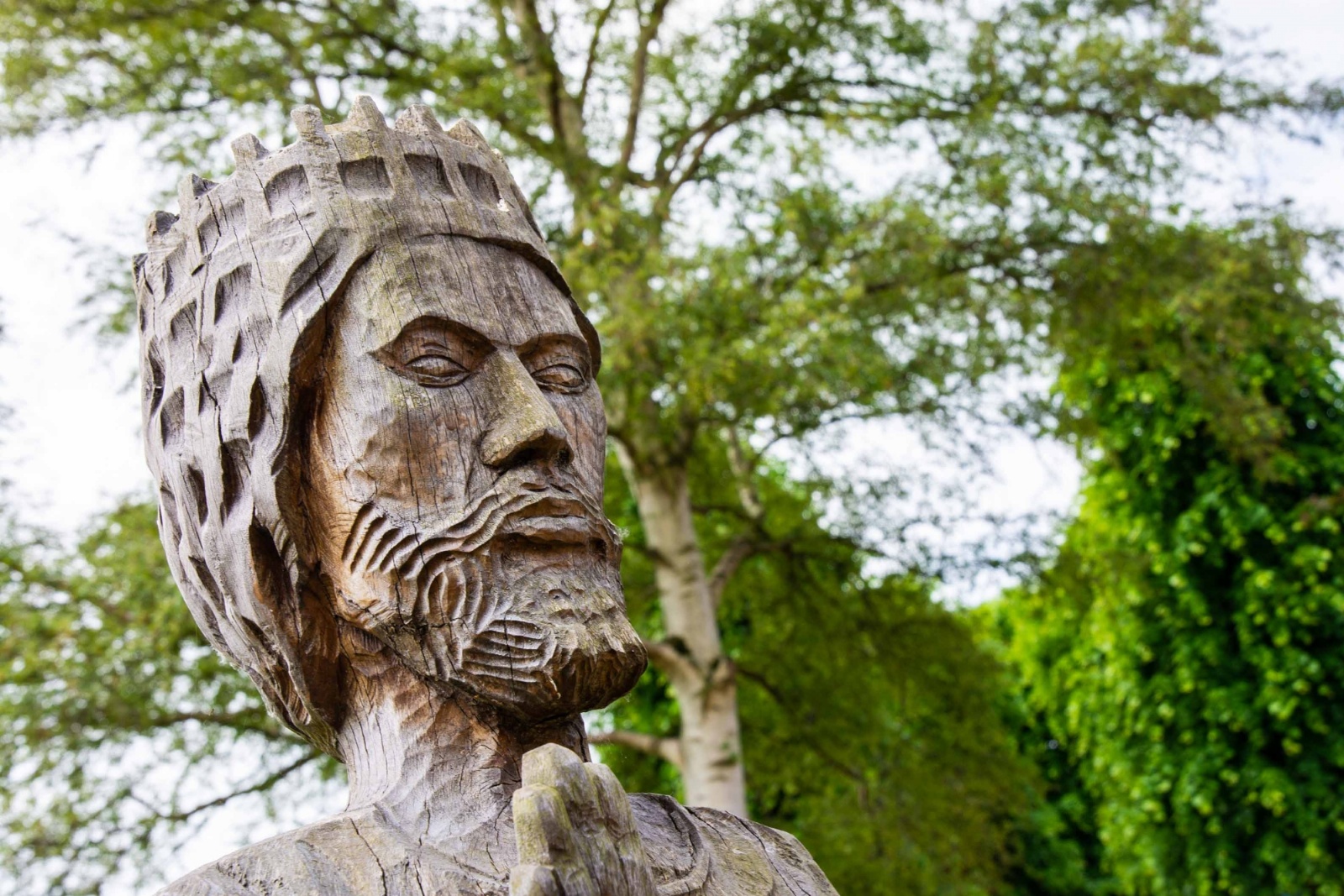A Word on Humility

You have probably heard of Aesop’s Fables. The Fables are a collection of stories credited to Greek storyteller Aesop, who lived in ancient Greece between 620 and 564BCE. Tradition says he was born a slave, but developed a real talent for fables, stories that were used to teach truths in a simple, understandable way.
Even if you haven’t heard of Aesop’s fables you are almost certainly familiar with one or more of these timeless stories with a moral.
One of the most famous is ‘The Hare and the Tortoise’. Just in case you haven’t heard the story.
‘The Hare boasts to the other animals about how fast he can run. When none of them responds to his challenge for a race he taunts them that they are too scared to even try. When the Tortoise then offers to challenge him the Hare scoffs that he won’t waste his time racing the slowest creature in the world. The Tortoise suggests Hare must fear being beaten and thus Hare agrees to a race, to take place a week later. The Tortoise spends the week in training, but continues to move very slowly, and the other animals wonder if the race is a good idea. Nevertheless, there is a large crowd of animals on the day of the race. As the race starts, the Hare roars off. When he stops to look back the Tortoise has barely crossed the starting line. The Hare taunts Tortoise that he will be able to stop for a rest and still beat him. However, when the Hare goes to sleep in the sun the Tortoise is able to overtake him. The Hare wakes just as Tortoise is nearing the finishing line...but he is too late.’
Another less famous fable is ‘Jupiter and the Animals’. There are many fables which feature Jupiter, who was king of the gods in Roman mythology, and I will share a version of this one with you now.
‘Jupiter one day, being in great good humour, called upon all living things to come before him, and if, looking at themselves and at one another, there should be in the appearance of any one of them anything which admitted of improvement, they were to speak of it without fear. “Come, Master Ape,” said he, “you shall speak first. Look around you, and then say, are you satisfied with your good looks?” “I should think so,” answered the Ape; “and have I not reason? If I were like my brother the Bear, now, I might have something to say.” “Nay,” growled the Bear, “I don’t see that there’s much to find fault with in me; but if you could manage to lengthen the tail and trim the ears of our friend the Elephant, that might be an improvement.” The Elephant, in his turn, said that he had always considered the Whale a great deal too big to be comely. The Ant thought the Mite so small as to be beneath notice. Jupiter became angry to witness so much conceit and sent them all about their business.’
In this fable Jupiter offers to help the animals by changing any of their characteristics. But instead of considering their own characteristics and what they could improve, the animals begin to look at each other and criticise. Jupiter becomes exasperated and tells the animals they have missed their chance for his help.
Just like the more famous ‘The Hare and the Tortoise’ the fable is intended to reflect on the value of humility. The Hare was boastful believing that he was better than the tortoise and this arrogance allows tortoise to manipulate him into racing, and then defeat him. Hare’s pride came before a fall. In ‘Jupiter and the Animals’ rather than acting with humility and reflecting on themselves and how they might change for the better each, believing they are better than the others, seeks to point out their shortcomings.
Humility is one of the values that form the Warwick Way. Humility is defined as freedom from pride or arrogance. It means that you don’t believe that you are better or more important than anyone else, you appreciate that you don’t have all the answers and listen to and respect others and their point of view. It is about being prepared to put others first, being kind, admitting personal mistakes and recognising and celebrating the contribution of others. This isn’t about dumbing yourself and your achievements down, but it is about not bragging about them, managing your emotions appropriately and recognising your weaknesses as well as strengths. Humility is often talked about in sport. The idea of being gracious in defeat, modest in victory; showing respect to teammates, coaches, and competitors alike are all attributes of a winning mentality.
One of my favourite books is ‘Legacy; What the All Blacks Can Teach Us About the Business of Life’. In ‘Legacy’ the author James Kerr ties to identify exactly what has made this remote archipelago with a population of less than 6 million the dominant force in world rugby. His answer is simple, humility.
‘It is 2010, New Zealand have just beaten Wales 42-7. Richie McCaw has just become the most successful All Black captain in history. After the game the team assembles in the changing room. The coaches speak and then the off-field captain for the day the injured Mils Muliana. Each of them focuses on the need not to rest on their laurels, the need not to be complacent, the need to strive to be better. A toast is raised to McCaw to recognise his achievement and then…. two senior players – one an international player of the year, twice -each pick up a long-handled broom and begin to sweep the floor of the changing room. While the country is still watching replays and schoolkids lie in bed dreaming of All Black glory the All Blacks themselves are tidying up after themselves.’
This act is symbolic of a culture to which humility is fundamental because the All Blacks believe that excellence – true excellence begins with humility; with a humble willingness to sweep the sheds. No one is bigger than the team. Some of New Zealand’s favourite players have never been selected for the All Blacks and others make it but are never invited back because they lack humility.
The players are taught that only by remaining humble, never becoming too big to do the small things that need to be done will they achieve all that they can both individually and collectively, because humility allows us to ask a simple question; how can I do this better?











